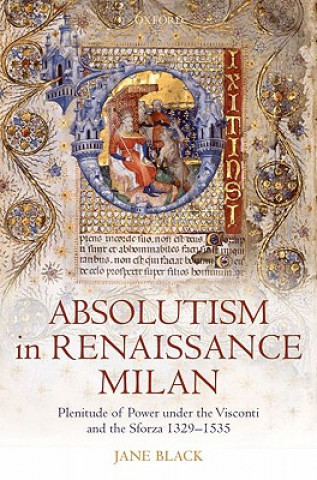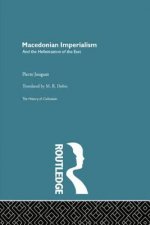
Delivery
Shopping guide





Doesn't suit? No problem! You can return within 30 days
 Gift voucher
any value
Gift voucher
any value
You won't go wrong with a gift voucher. The gift recipient can choose anything from our offer.
Absolutism in Renaissance Milan
 English
English
 503 b
503 b
30-day return policy
You might also be interested in


Absolutism in Renaissance Milan shows how authority above the law, once the preserve of pope and emperor, was claimed by the ruling Milanese dynasties, the Visconti and the Sforza, and why this privilege was finally abandoned by Francesco II Sforza (d. 1535), the last duke. As new rulers, the Visconti and the Sforza had had to impose their regime by rewarding supporters at the expense of opponents. That process required absolute power, also known as 'plenitude of power', meaning the capacity to overrule even fundamental laws and rights, including titles to property. The basis for such power reflected the changing status of Milanese rulers, first as signori and then as dukes. Contemporary lawyers, schooled in the sanctity of fundamental laws, were at first prepared to overturn established doctrines in support of the free use of absolute power: even the leading jurist of the day, Baldo degli Ubaldi (d. 1400), accepted the new teaching. However, lawyers came eventually to regret the new approach and to reassert the principle that laws could not be set aside without compelling justification. The Visconti and the Sforza too saw the dangers of absolute power: as legitimate princes they were meant to champion law and justice, not condone arbitrary acts that disregarded basic rights. Jane Black traces these developments in Milan over the course of two centuries, showing how the Visconti and Sforza regimes seized, exploited and finally relinquished absolute power.
About the book
 English
English




 How to shop
How to shop

































